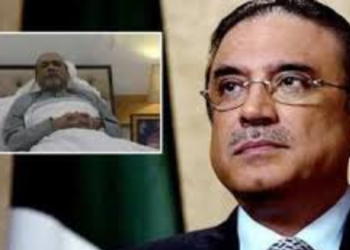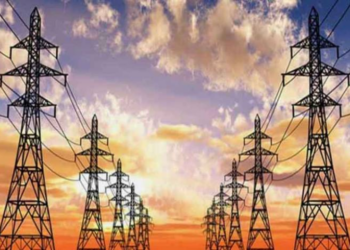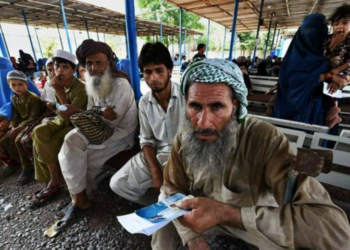Islamabad, January 2, 2025: The Pakistan Telecommunication Authority (PTA) has confirmed that internet shutdowns across the country are executed on government directives, a disclosure that sparked intense debate in the Senate Standing Committee on Information Technology.
Chaired by Senator Palwasha Khan, the committee expressed grave concerns over persistent internet slowdowns and the legal ambiguities surrounding digital access restrictions. Pakistan currently ranks 97th globally in internet speed, a statistic that highlights the pressing need for digital infrastructure improvements.
PTA Chairman Retired Major General Hafeezur Rehman faced pointed questions about the legality and rationale behind frequent internet shutdowns. Responding to criticism, Rehman clarified, “The PTA does not independently impose shutdowns; these decisions are made under government instructions. If this is illegal, the government must justify why it has been directing us to do so for nine years.” He assured the committee of providing exact dates and times of past shutdowns.
Senator Kamran Murtaza of JUI-F challenged the PTA, asking, “What law permits such actions? Blocking internet services disrupts education, businesses, and access to libraries. This is akin to pushing people into ignorance for political purposes.”
The PTA receives an average of 500 daily complaints about objectionable content on social media, with 80% of flagged material successfully removed. However, Murtaza argued that the Prevention of Electronic Crimes Act (PECA) does not explicitly authorize internet blackouts.
PTI Senator Mohammad Humayun Mohmand echoed these concerns, stating that regulations only allow blocking specific content, not entire networks. The PTA countered, citing instances where court orders mandated app shutdowns and internet restrictions.
The session also touched on VPN services, with the PTA chairman revealing that only two companies have applied for VPN licenses. Despite previous directives, most VPN services remain operational.
Addressing slow internet speeds, Rehman highlighted the urgent need for increased fiberisation. “Improving digital infrastructure is critical, but the responsibility lies with the government to ensure its expansion,” he said.
The committee members demanded comprehensive legal opinions from the Ministries of Law and Interior to clarify overlaps between PECA and existing regulations. The Ministry’s special secretary explained that to block all online content in a specific area, internet services must be entirely suspended—a practice deemed unlawful in recent evaluations.
As the debate intensified, the PTA chairman reminded the panel, “These shutdowns were implemented under official directives, and many of you have been part of the government at some point.”
The session concluded with a call for clear legal frameworks to address internet shutdowns, ensure digital access, and improve the country’s internet speed and infrastructure.








